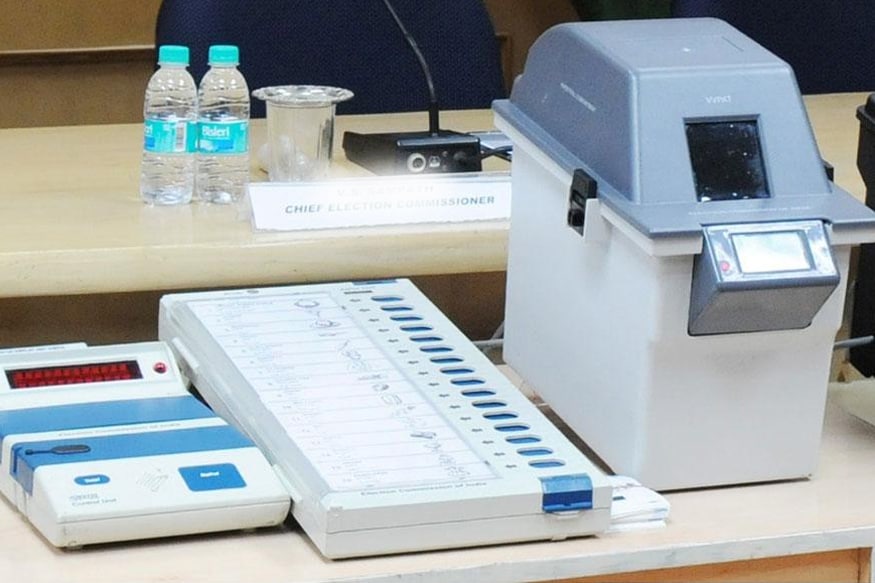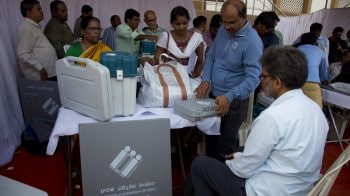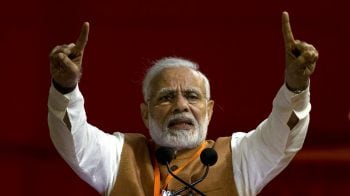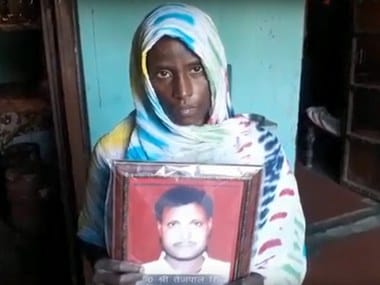The MCC is effective immediately once the dates for the polls are announced and remains effective until the election results are declared
Moneycontrol News
The Election Commission of India (EC) on March 10 announced the dates for the general elections to constitute the 17th Lok Sabha.
The EC also announced polling dates for Assembly elections in the states of Andhra Pradesh, Odisha, Arunachal Pradesh and Sikkim.
With the announcement of the election schedule, the Model Code of Conduct (MCC) came into force. Among other things, the code bars the government from announcing policy decisions.
What is MCC?
The MCC is a set of guidelines issued by the EC with the intention of regulating political parties and candidates prior to the elections. This is done in order to ensure that the elections are conducted in a free and fair manner.
Article 324 of the Constitution gives EC the power to supervise elections to the Parliament and the state legislatures, MCC is in keeping with that.
When does MCC come into effect?
The MCC is effective immediately once the dates for the polls are announced, and it remains effective until the election results are declared.
What restrictions does the MCC impose?
There are eight provisions dealing with the general conduct of a political party or a candidate, meetings, processions, instructions for polling days and polling booths, observers appointed by the EC to deal with complaints of the candidates, restrictions to be followed by the party in power and guidelines pertaining to the election manifestos.
What happens when the code is violated?
The EC issues a notice to the political party or a politician for alleged breach of the code, on the basis of a complaint by another party or an individual.
The party or the person then has to reply to the EC in writing, either accepting that the MCC was violated, or rebutting the charge.
However, the MCC is not enforceable by law. Certain provisions of the MCC can be enforced by invoking corresponding provisions in other statues, such as Indian Penal Code (IPC), Representation of the People Act etc.





























































